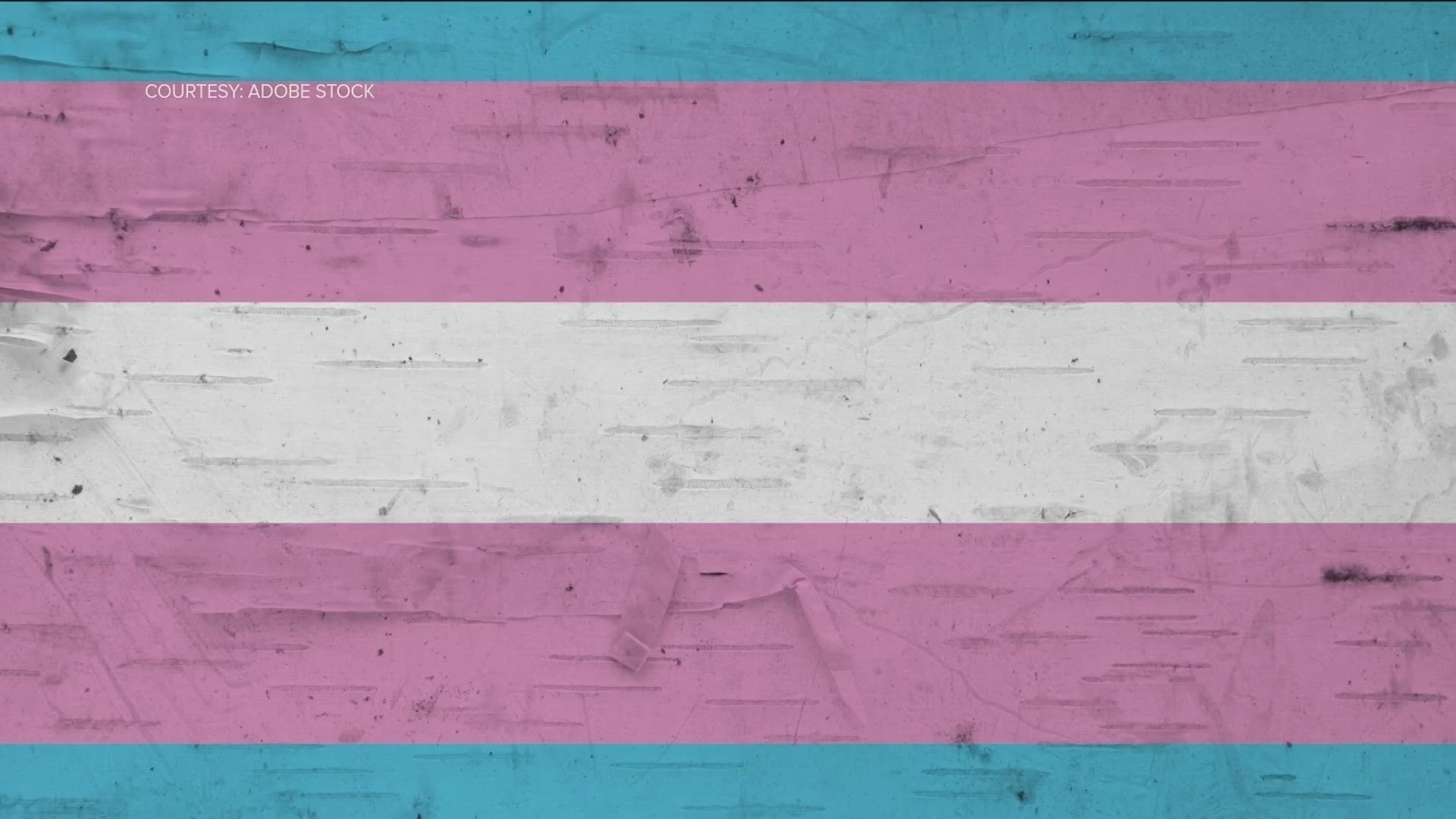ATLANTA — The Georgia House Committee on Public Health passed a bill Tuesday that would ban most forms of gender-affirming health care for transgender minors.
SB 140, which passed the Senate last week, would prevent hospitals and related facilities from providing gender reassignment surgery, any surgical procedures designed to alter primary or secondary sexual characteristics and hormone replacement therapy to people younger than 18 years old.
The bill bans those surgeries and treatments for minors attempting to treat gender dysphoria — feelings that biological sex and gender identity are mismatched.
However, it includes exceptions for people who have a medically verifiable disorder of sex development or need treatments for other medical conditions. Minors who are receiving hormone therapy treatment before July 1 would be allowed to continue should the bill pass.
Unlike legislation that was previously proposed, SB 140 would not ban puberty blockers.
The committee voted 12-10 in favor of SB 140 along party lines. However, state representatives amended the bill, removing language that protected physicians from being held criminally or civilly liable for damages, losses, injury or death from treatments.
"I would like to allow a child who has gone through this and may actually have regret later to have this not in the language," said Rep. Jodi Lott, a Republican state representative from Evans. "This just protects the children."
The vote came after committee members questioned the bill's author, Sen. Carden Summers (R- Cordele). Summers is one of 22 Republicans who sponsored the bill in the other chamber.
In his testimony, Summers said the purpose of the legislation was to put a "pause and allow young people to get a little more mature" before transitioning.
"I don't care what happens after 18," he said. "I don't think any child at 14 years old should have irreversible surgery that may affect them. Once you have the surgeries, there’s no going back. It is what it is.”
During the two-hour hearing, four audience members spoke against the bill. including a registered nurse who is the mother of a transgender child. Two speakers were supportive of the bill, including a pediatric endocrinologist.
Those who opposed the bill warned of its potential negative effects on young transgender residents.
"(The bill) will not reflect well-researched science and practice," said Roland Behm, director for the Georgia chapter of the American Foundation for Suicide Prevention. "We know that access to gender-affirming care reduces the likelihood of suicidal impulses, ideations and attempts."
According to the Columbia University Department of Psychiatry, gender-affirming healthcare "greatly improves the mental health and overall well-being of gender diverse, transgender, and nonbinary children and adolescents."
Gender-affirming hormone therapy treatments, which involve the use of "feminizing or masculinizing hormones," significantly decrease gender dysphoria — feelings that biological sex and gender identity are mismatched, according to Columbia.
Medical procedures like surgery are less frequent than other forms of gender-affirming care but still ease gender dysphoria.
A 2018 study by JAMA Pediatrics, a monthly peer-reviewed medical journal published by the American Medical Association, found that people assigned female at birth who identify as masculine were happier after having chest surgery. Feelings of regret were rare.
Chest surgery is performed on older adolescents, and genital surgery is typically not performed until a person is 18 years or older, Columbia University reports.
Multiple medical groups, including the American Medical Association and the American Academy of Pediatrics, support gender-affirming care.
A University of Georgia student who spoke at Tuesday's meeting warned passing the bill would lead to detrimental consequences for the mental health of transgender youth.
"You don’t become transgender because you have a mental illness," the student said. "You have a mental illness because society treats you as different. People call your identity unnatural."
The bill heads to the Georgia House of Representatives Rules Committee before the full House can vote on it. Differences between the House and Senate bills must be fixed before Gov. Brian Kemp could sign the final draft.
It's unclear when the state House could vote on the bill.

